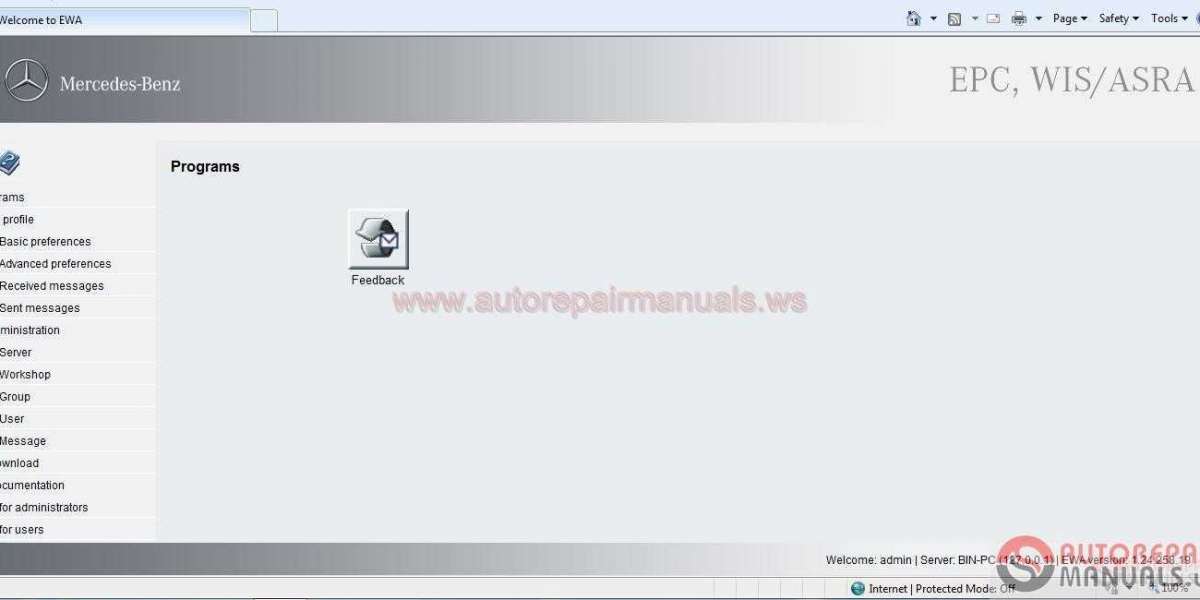The CBSE (Central Board of Secondary Education) admission process can be competitive, with many parents vying for limited seats in some of the best schools. Whether you are applying to a CBSE school for the first time or looking to transfer your child from another institution, it’s crucial to understand how to effectively navigate the application process. Here are some essential tips and tricks to ensure you ace your CBSE school admission application.
1. Start the Admission Process Early
One of the most important steps in securing CBSE admission is to start early. The earlier you begin, the more time you’ll have to gather necessary documents, fill out forms, and attend any interviews or entrance exams that might be part of the process.
Tip: Check the school’s website and stay updated on admission dates and deadlines. Most schools open admissions in advance, often a few months before the start of the academic year, so mark these dates in your calendar.
2. Research and Shortlist Schools
Choosing the right school is critical. Do your homework and research multiple CBSE schools in your area. Take the time to understand their strengths, whether it’s in academics, extracurricular activities, or infrastructure.
What to Consider:
- School Reputation: Look for schools that have a proven track record of high academic performance.
- Curriculum and Extracurricular Opportunities: Check if the school offers the subjects and extracurriculars that align with your child's interests.
- Facilities: Assess whether the school has modern classrooms, sports facilities, and other amenities that support holistic growth.
Tip: Shortlist a few schools based on your preferences, but also have a backup plan in case your first choice doesn't work out.
3. Meet Age and Eligibility Criteria
Each CBSE school has specific age requirements for each grade, and these must be adhered to when submitting your application. It’s important to carefully read the school’s admission guidelines to ensure your child meets the age criteria.
Tip: Verify the age eligibility and be aware of cut-off dates. For example, most schools require that children be a certain age by a specific date, such as March 31, to be eligible for Grade 1.
4. Prepare the Necessary Documents
One of the most common causes of delays or rejection in the admission process is incomplete or incorrect documentation. Make sure that you have all the required documents in order before submitting the application.
Common Documents Needed:
- Birth Certificate (for age verification)
- Transfer Certificate (if transferring from another school)
- Aadhaar Card (for identity verification)
- Photographs (passport-size)
- Proof of Address (electricity bill, rental agreement, etc.)
- Previous Academic Records (if applicable)
Tip: Ensure all documents are original and photocopies are clear and legible. Schools may also require these to be attested, so double-check the requirements before submission.
5. Fill Out the Application Form Accurately
Carefully complete the application form, ensuring that all information is accurate and up-to-date. Mistakes in the form could lead to unnecessary delays or even disqualification.
Key Areas to Pay Attention To:
- Personal Details: Ensure the child’s name, date of birth, and other personal details are correct.
- Parent Information: Provide accurate contact details for both parents, as schools often contact parents for meetings or notifications.
- Special Requirements: If your child has any special needs, mention them clearly so that the school can make accommodations if necessary.
Tip: Read through the form multiple times before submission to ensure there are no errors or missing information.
6. Prepare for Entrance Exams or Interviews
Many CBSE schools conduct entrance exams or interviews to assess a student’s academic capabilities and overall personality. This is particularly common in higher grades, such as Grades 6-10.
Entrance Exam Tips:
- Practice Sample Papers: Many schools release sample papers to help students prepare. Use these to familiarize your child with the types of questions that may appear.
- Focus on Core Subjects: Ensure your child is well-prepared in core subjects like English, math, and science.
- Stay Calm and Confident: If there’s an interview process, encourage your child to stay calm, answer questions thoughtfully, and express themselves confidently.
Tip: Offer mock tests and practice interview sessions at home to help your child feel more confident and ready for the process.
7. Pay Attention to the School’s Fee Structure
Before submitting the application, take note of the school’s fee structure. CBSE schools can vary significantly in terms of fees, and it’s important to understand all the financial requirements upfront.
Things to Keep in Mind:
- Admission Fee: Often paid at the time of securing the seat.
- Tuition Fees: This is usually an annual fee or can be paid in installments.
- Additional Costs: Don’t forget about extra costs like uniforms, transportation, books, and extracurricular activities.
Tip: Make sure that you have the funds ready and are prepared to make the payment on time to avoid any complications later. Schools may also offer fee payment plans, so check if that’s an option.
8. Follow Up Regularly
After submitting your application, it’s essential to stay in touch with the school’s admission office to track the progress of your application. Schools may not always send updates immediately, so taking the initiative to follow up ensures you don’t miss any important updates.
Tip: Keep a record of all communication with the school, including emails, phone calls, and in-person meetings. If the school requires additional documents or information, you can provide them quickly.
9. Prepare for School Orientation
Once your child’s admission is confirmed, many CBSE schools host an orientation program for new students. These orientations provide useful information about school rules, culture, and academic expectations.
Tip: Attend the orientation session with your child to get a feel for the school’s environment. Use this opportunity to ask any final questions regarding schedules, extracurricular activities, and school policies.
10. Stay Positive and Flexible
Finally, it’s important to stay positive and flexible throughout the CBSE admission process. Sometimes, despite your best efforts, things may not go as planned. If you don’t get the seat in your preferred school, don’t be discouraged. Consider alternative schools or apply next year.
Tip: Keep an open mind and be prepared for any scenario. If one application doesn’t work out, there are always other opportunities in the future.
Conclusion
Acing your CBSE school admission in Pondicherry application requires careful preparation, timely action, and attention to detail. By following these tips—starting early, gathering the necessary documents, filling out the forms accurately, and preparing for any exams or interviews—you can increase your chances of securing a seat in the school of your choice. With thorough research and a proactive approach, you can successfully navigate the CBSE admission process and ensure your child’s academic journey starts on the right note.














